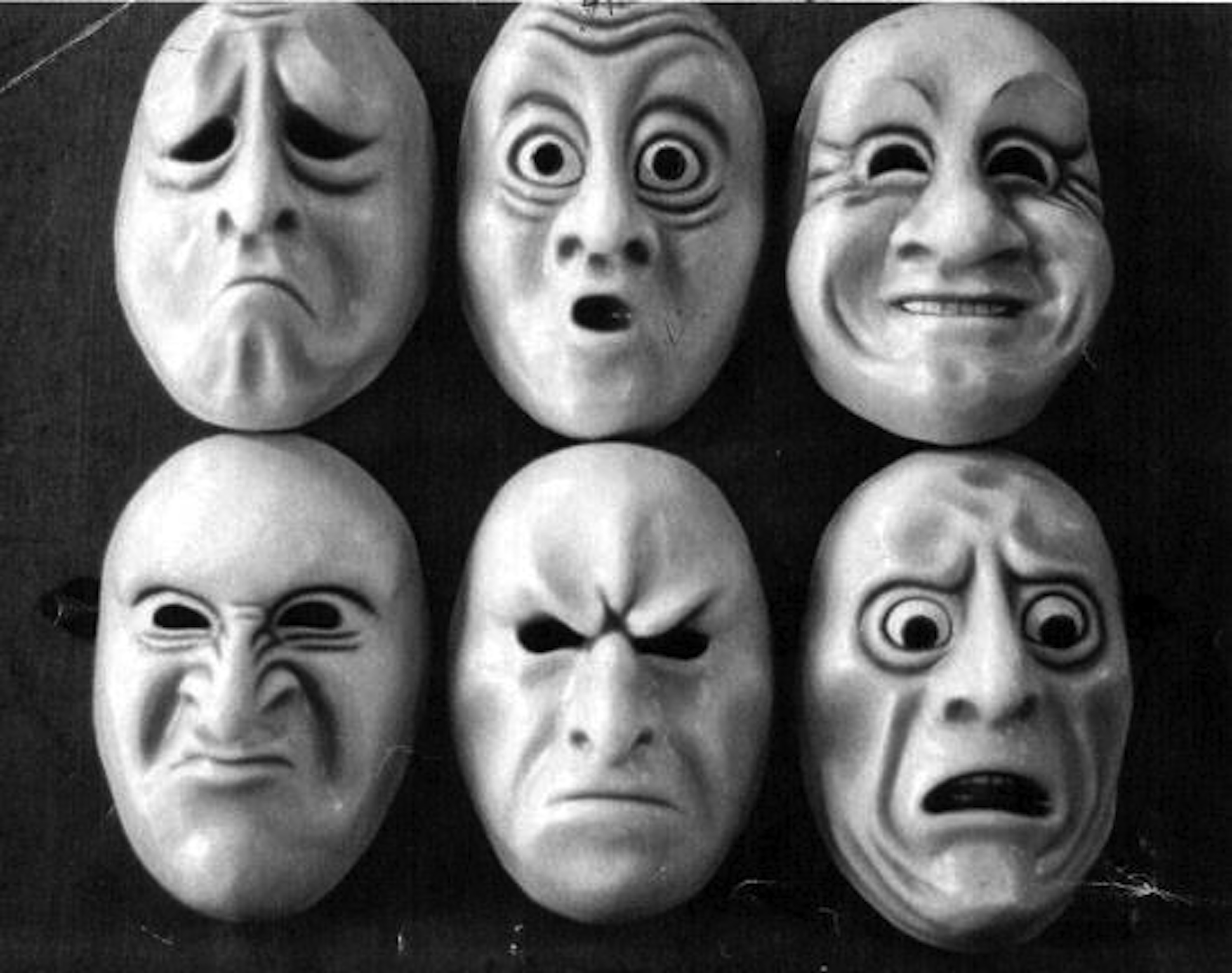Traditional Chinese Medicine (TCM)
has a history of over 2,000 years. It stems from Taoist philosophy, which emphasizes living in harmony with nature and being in the present. It’s a holistic practice incorporating acupuncture, Chinese herbal medicine, lifestyle, exercise, and dietary therapies. Check out some the ways in which TCM differs from Western medicine:
1. BALANCE
According to TCM, healthy living is all about balance – in body, mind, emotion, and spirit. TCM recognizes that your internal and external environment affects this balance. For example, it’s not just about what you eat but how, when, and where.
2. QI

Qi is what TCM refers to as your ‘life force’ energy. Chinese medicine frames vitality in terms of energy and teaches that an imbalance of energy could contribute to fertility challenges. When energy is tied up in stress, there is little energy left for growth and reproduction. TCM focuses on conserving Qi, managing stresses and other wasteful expenditures of Qi in order to re-direct Qi to optimize reproductive function.
3. FOCUS ON PREVENTION, NOT PATHOLOGY
In Western medicine, you aren’t taught to prevent illnesses growing up. The Western model focuses on treatment, instead of the cure. If you have pain, you are given anti-inflammatories and painkillers. Unfortunately, most of us wait until something goes wrong before we treat it. TCM’s wisdom comes with a focus on the prevention of illness; in the days of the Emperor, his physician was paid for when the Emperor was well and not when he was ill.
4. STRESS
Only recently has Western medicine begun to study the effects of stress on the human body. However, TCM has understood that stress disturbs our balance and creates disharmony between nature and us. TCM categorizes stress as either external or internal. External stress can come from your work and/ or home life, the food you eat, and the chemicals and contaminants that you are exposed to. Internal stress relates to prolonged suppressed emotions and the state of your mind and soul.
5. THE SEVEN AFFECTS OF EMOTION

As mentioned before, emotions play a large role in your well-being. It is healthy and human to express joy, sorrow, worry, grief, fear, fright, and anger. Neglecting these may give rise to disharmony affecting your physical well-being, including your fertility.
6. QUALITY OVER QUANTITY

In general, Western medicine has a focus on improving quantity while TCM focuses on quality. In the context of fertility, the focus of Western medicine is increasing the quantity of eggs released at ovulation artificially induced by hormonal drugs. It is a quantitative approach. On the other hand, TCM aims to create healthier eggs. The belief is that eggs can grow to their full potential given the right environment, and that the idea of having an ovary full of ‘bad eggs’ is inaccurate.
7. ART OF THE SENSES

In TCM, practitioners spend years perfecting the Art of asking questions, feeling the pulse, looking at the tongue and face, listening to the voice, and smelling the patient’s natural odour to formulate a diagnosis- a much necessary practice before the advent of modern science and technology. Today, both systems of medicine can co-exist. TCM adds a qualitative check to things Western medicine looks at quantitatively. This involves:
- Asking questions about a patient’s health complaints and symptoms
- Feeling the radial artery pulse under the fingertips which provides information about the health and vitality of a person. While a Western doctor looks at the rate and rhythm of your pulse, your TCM practitioner also pays attention to strength and how your blood flows within the blood vessels. (By the way, pulse taking originates from China)
- Looking at the tongue, ( the only visible muscle) for its colour, shape, and coating and at the face reflects the state of the inner body
- Listening to the strength, tone, and sound of the voice and breath astutely
- Smelling the general odour of a patient
Together, these signs provide the TCM practitioner clues or signs of imbalance in which can be addressed through lifestyle and dietary habits as well as Chinese medicine and acupuncture.


